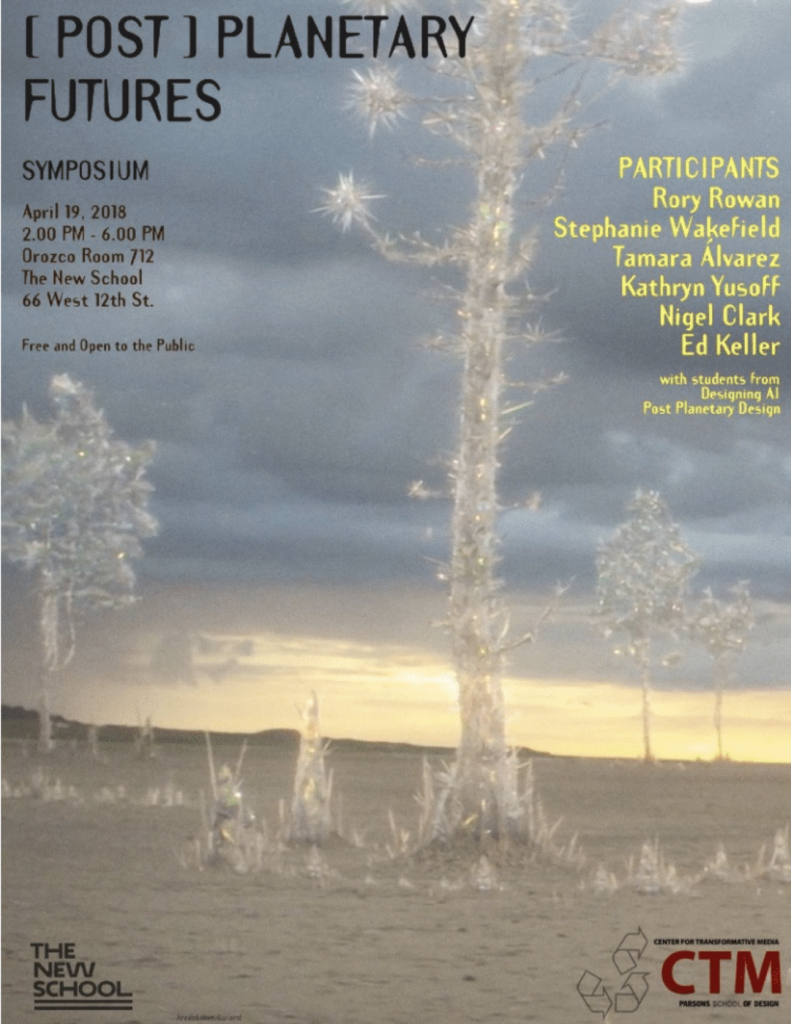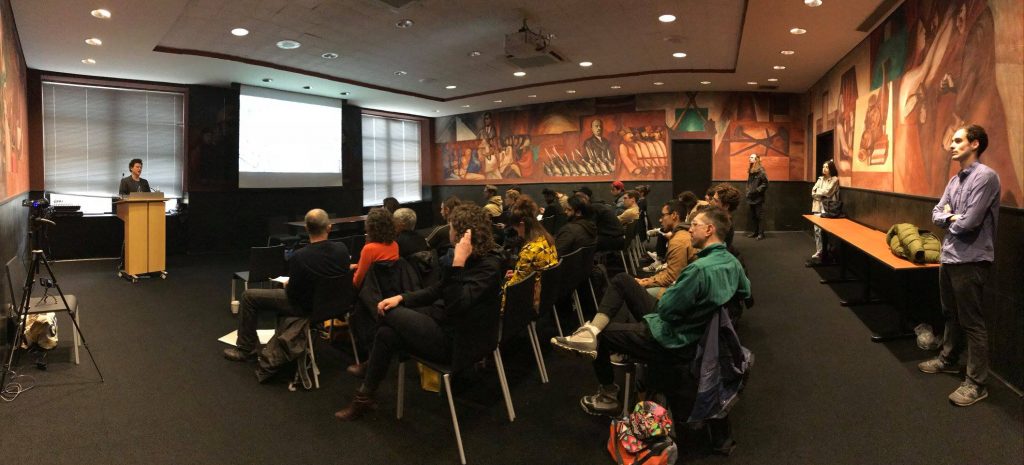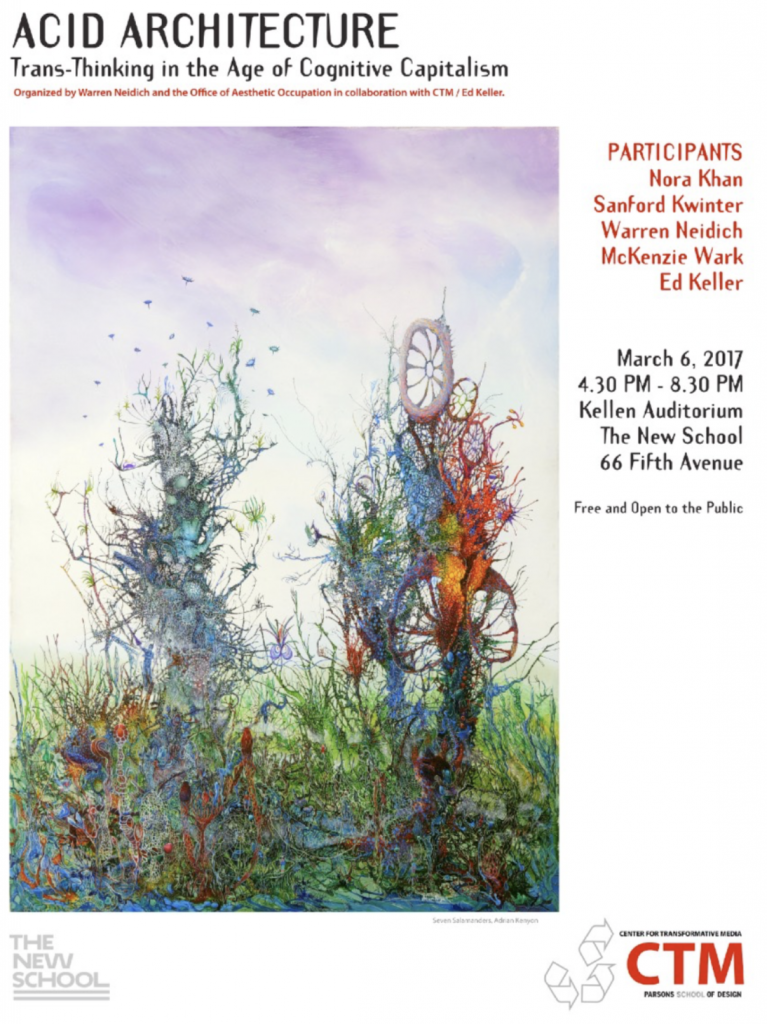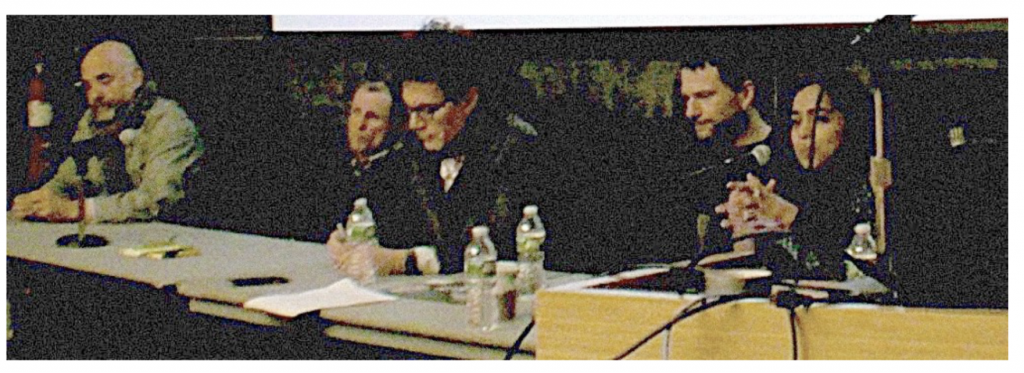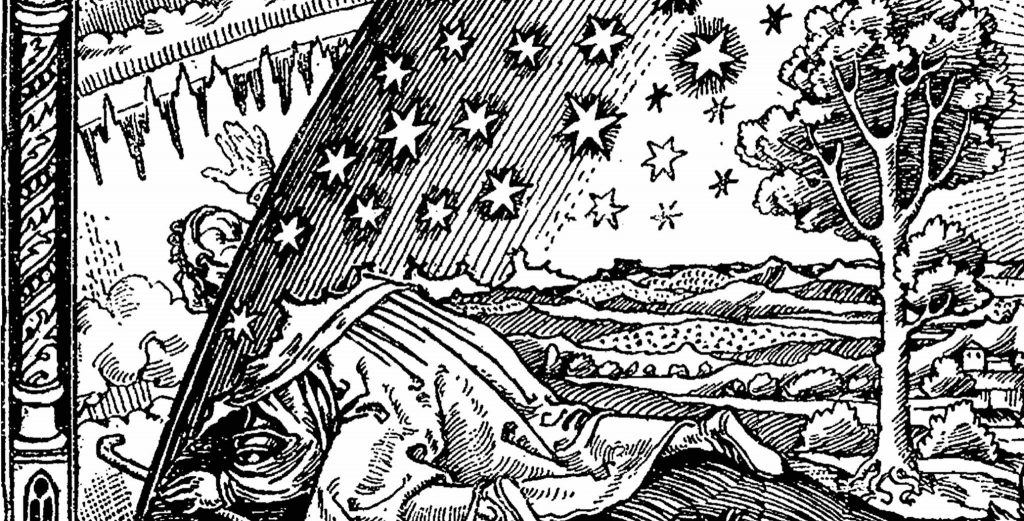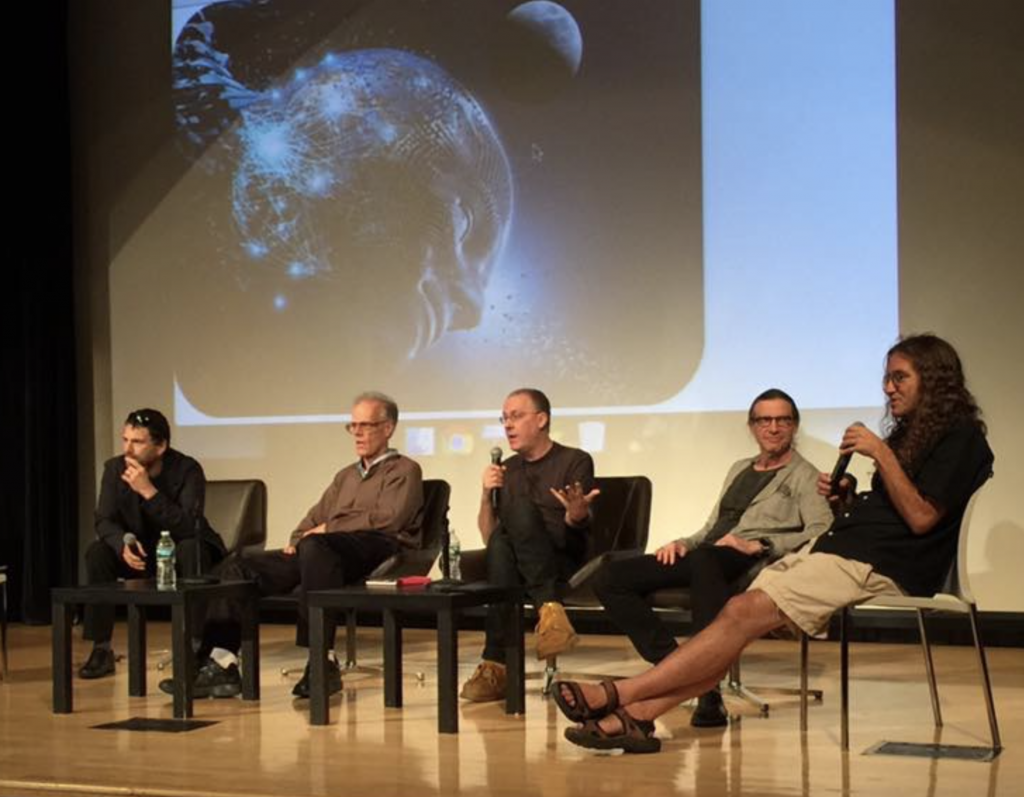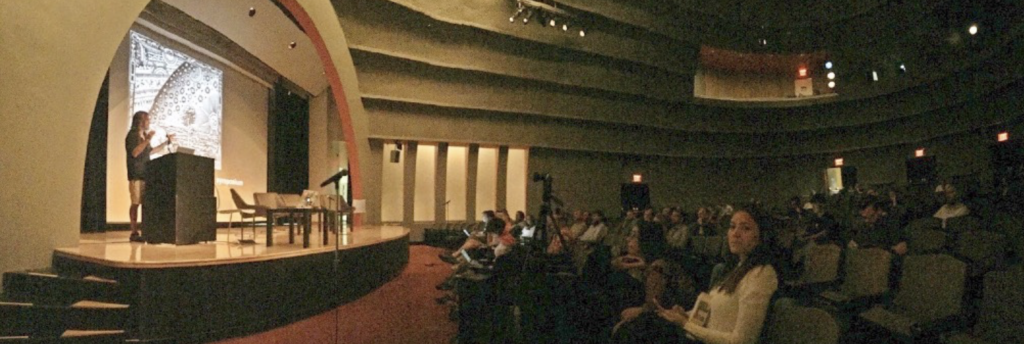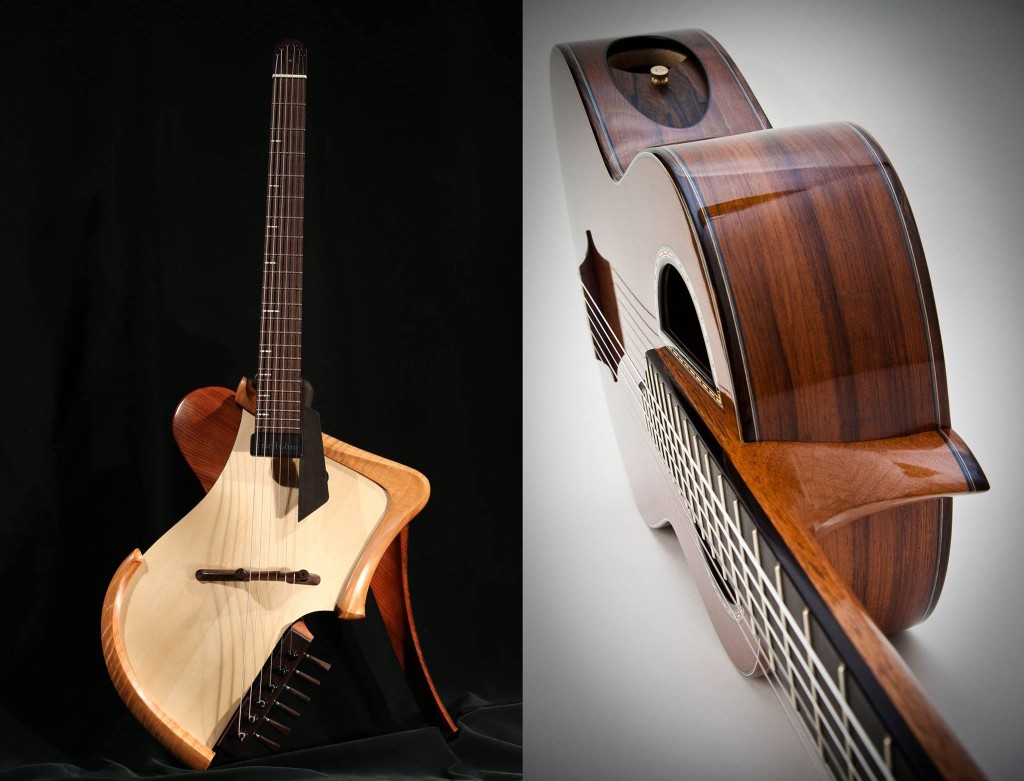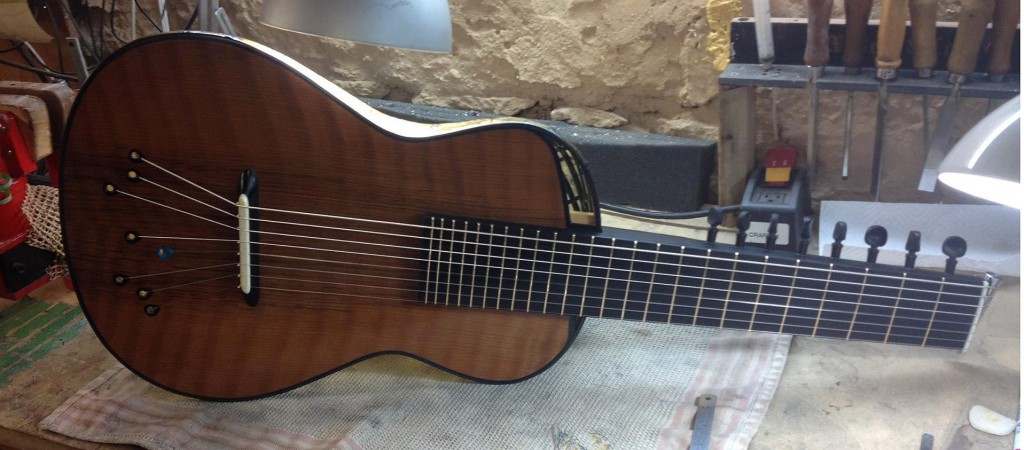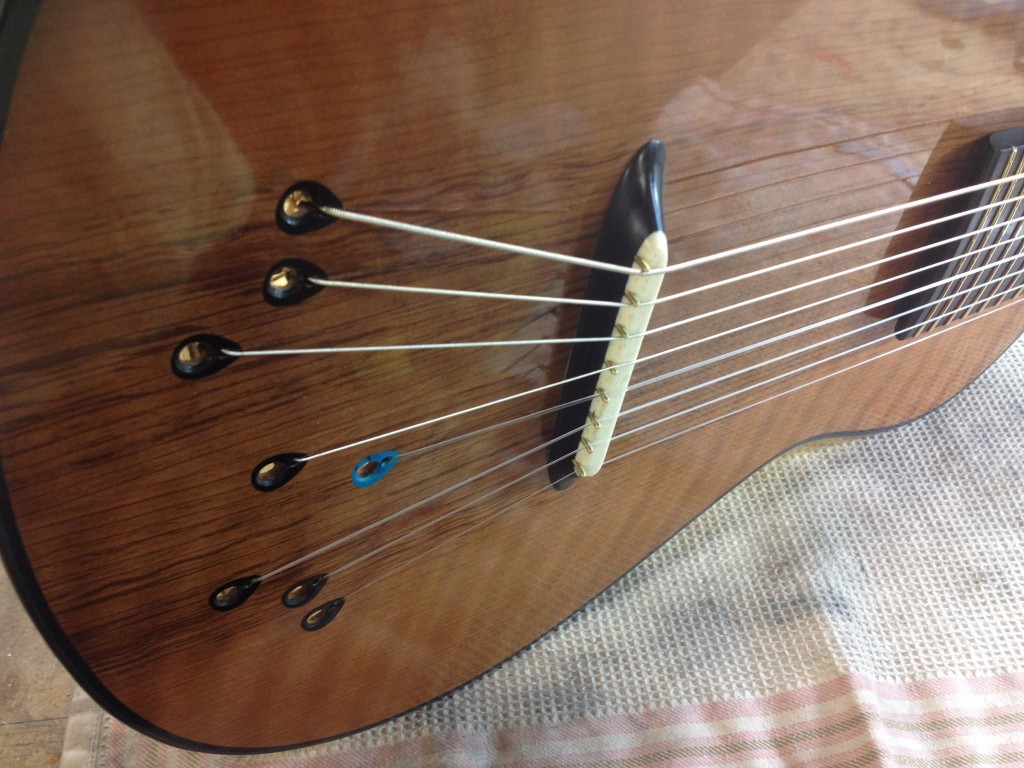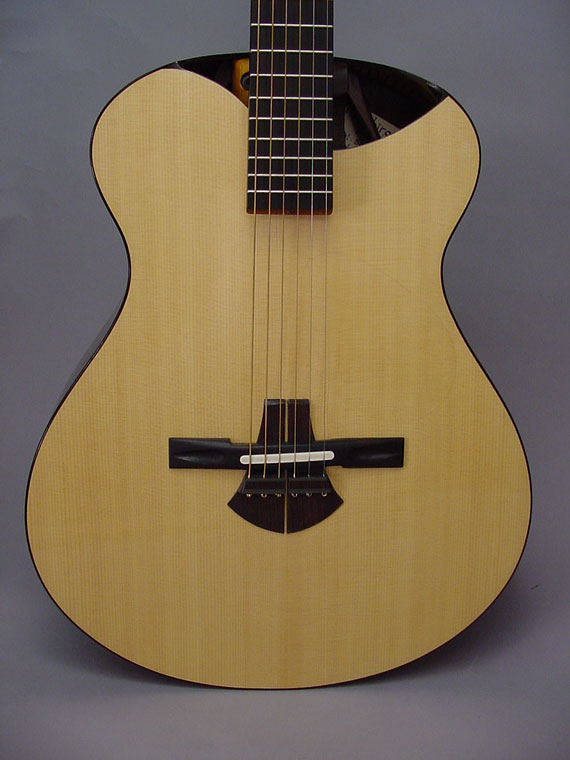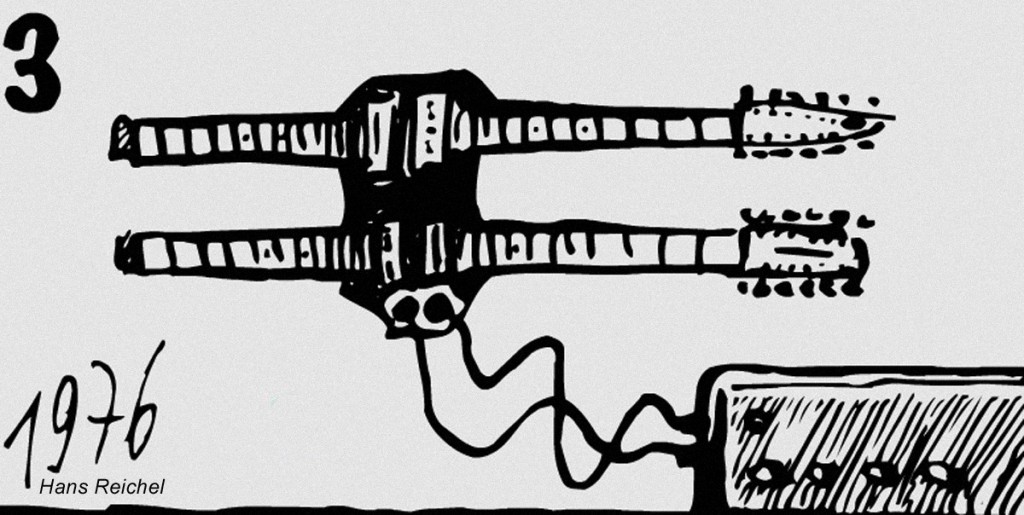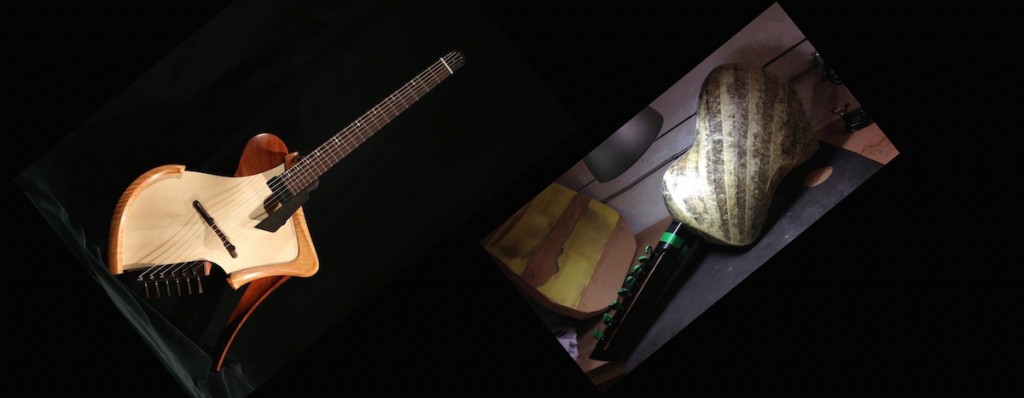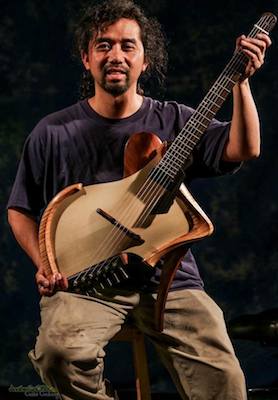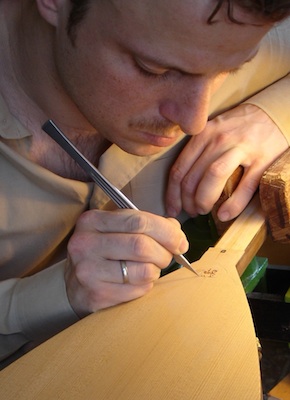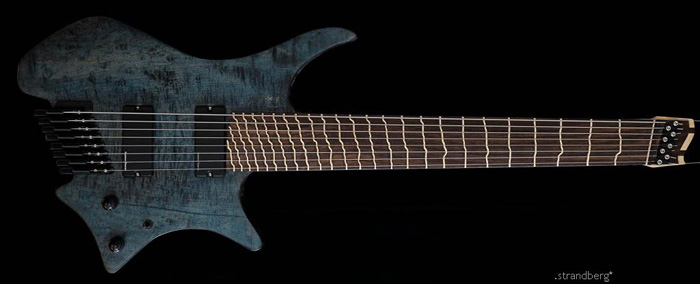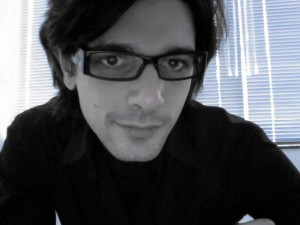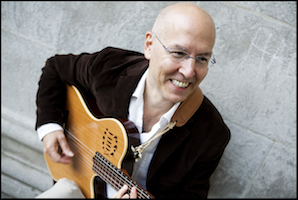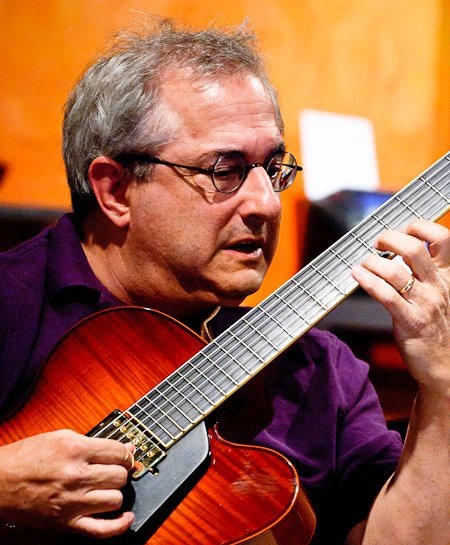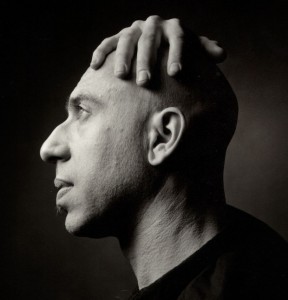
Elliott Sharp: CTM 2014-15 Artist Fellow lectures
• Natural Models As Compositional Inspiration and Strategy September 18th
• Algorithmic and Self-Organizing Systems: Lecture/Demonstration Sept. 29th 7- 10 pm
• New Approaches To Graphic Notation October 9th 7- 10 pm
• Socio-Acoustics – Soundmaking in the Real World by Real People December 8, 7PM
All events are Free and Open to the Public
.
Socio-Acoustics – Soundmaking in the Real World by Real People
December 8, 7PM – 10PM
Kellen Auditorium, 66 Fifth Avenue
A complex of equations with many hidden variables make up human interaction when involved in the production and perception of music. Socio-acoustics functions as a feedback loop within a system defined by a dynamically shifting balance of spatiality and time-based actions. Can the many elements that define this system be identified and quantized? The relationship between sound-producers and their audience is one factor. Another is the relationship of sound-producers with their materials. Finally, there exists the mutual relationship between multiple sound-producers working simultaneously (for example, a group of improvisers or a jazz ensemble) and how it affects the sonic output. One can imagine any combination and permutation of the above factors – the unpredictable relationship between a musical performance and its perception. This lecture and discussion will present both questions and answers.
.
New Approaches To Graphic Notation
October 9th 7:00 pm – 10:00 pm
Mannes Concert Hall
150 West 85th Street, NY NY
In this lecture, Sharp will describe his 1972 work with graphic notation and how, in his return to this approach in 2003, he found new pathways to the synesthetic. Sharp will present the scores Seize Seas Seeths Seen, Foliage, and Mare Undarum, and describe graphic techniques used to create them, mirroring processes he might have used to process in real-time the sounds produced by musicians. With Sylva Sylvarum from 2014, the score is now an animated movie whose derivation will be discussed. The event will include the presentation of projected scores and recorded examples from selected realizations.
.
Algorithmic and Self-Organizing Systems: Lecture/Demonstration
Sept 29th 7:00 pm – 10:00 pm
Mannes Concert Hall
150 West 85th Street, NY NY
In the first half of this event, Sharp offers definitions and discusses the genesis and development of his composition “SyndaKit”, music as organism. Composed in 1998 for the composer’s ensemble Orchestra Carbon, “SyndaKit” utilizes a collection of biological metaphors to create an ever-shifting rhythmic and timbral matrix. Improvisatory and algorithmic but not improvisation, “SyndaKit”s essence is a transformative organism consisting of 144 composed cores on 12 pages divided among the 12 players with a set of simple rules for their use through processes of imitation, addition, recombination, transposition, and mutation. These actions are based on the activities of flocking birds, African drum choirs, cellular automata, hunting packs, and recombinant amino acids. Every performance of “SyndaKit” is unique though the identity of the piece remains constant with each manifestation. For the second part of this evening, Sharp will workshop “SyndaKit” with an ad hoc ensemble and present a number of iterations of the piece in performance.
.
Natural Models As Compositional Inspiration and Strategy
Elliott Sharp, lecture
September 18th, 7:00 pm – 10:00 pm
Klein Conference room [510] 66 W 12th St New York, NY 10011
Beginning with his Hudson River Compositions of 1974, composer Elliott Sharp has drawn upon various aspects from natural forms and processes, using them to create conceptual and algorithmic approaches to composition and improvisation. In this lecture, Sharp describes inspirations from fireflies to genetics, and displays the results. Working with Fibonacci numbers in the 1980’s, Sharp built tuning systems as well as rhythms and entire sonic architectures. In his pursuit of ways to mirror seemingly chaotic processes, Sharp found resonance and further inspiration in the fractal geometry of Benoit Mandelbrot which led to a variety of compositions ranging from Tessalation Row for Soldier String Quartet to pieces for his proto-math-rock noise-band Carbon.
Later, composing for his ensemble Orchestra Carbon in the 1990’s, Sharp refined the work with self-organizing systems to include models from flocking birds, RNA replication, Fibonacci numbers, and cellular automata to develop the composition SyndaKit. As much a set of rules or a construction set as a piece of music, SyndaKit creates an every-shifting matrix of rhythms and textures – a composition that is never the same in its manifestation yet always identical in process. This construction set was put to good use to create the orchestral work Calling for the RadioSinfonie Frankfurt and premiered by them at the 2002 Darmstadt festival.
Sharp will present scores and audio examples.
* * *
Elliott Sharp 2014-15 CTM Artist/Fellow
A central figure in the avant-garde music scene in New York City for over thirty years, Elliott Sharp leads the projects Orchestra Carbon, SysOrk, Tectonics and Terraplane, and has pioneered ways of applying fractal geometry, chaos theory, and genetic metaphors to musical composition and interaction. Winner of the 2015 Berlin Prize in Music Composition and a 2014 Guggenheim Fellowship, Sharp has composed for Hilary Hahn, Ensemble Modern, RadioSinfonie Frankfurt, and JACK Quartet. His work has been featured in the Darmstadt (2002) and Donaueschingen (2007) festivals, at the Hessischer Rundfunk Klangbiennale (2007), and the Venice Biennale (2003, 2007, 2012). His wide range of collaborators have included Qawwali singer Nusrat Fateh Ali Khan; Kronos Quartet; Debbie Harry; blues legends Hubert Sumlin and Pops Staples; jazz greats Jack Dejohnette, and Sonny Sharrock; turntable innovator Christian Marclay; and Bachir Attar of the Master Musicians Of Jahjouka, Morocco. His work is the subject of the documentary “Doing The Don’t” and he has been featured on NPR’s All Things Considered.
* * *
In 2013-15, CTM presents a series of lectures, workshops, & performances focusing on the cutting edge present and future of guitar and instrument design. Co-sponsored by Mannes College of Music, functioning as a platform to build cross divisional collaboration at The New School, and opening exclusive external collaborations, this series has brought internationally renowned luthiers, designers, builders, materials innovators, composers, performers, theorists, and sound designers together to explore points of connection between the traditions of musical instrument design and sound production, and new forms of design thinking facilitated by materials science, emergent materials, parametric design, the internet of things, physical computing, networked sound, and the politics of ‘noise’.
Guests have included Michi Matsuda, Gyan Riley, Florian Vorreiter, Elliott Sharp, Perry Hall, Ken Parker, Charlie Hunter, Ned Steinberger, Charles Yang, Ola Strandberg, Allan Marcus, Perry Hall, Joe Ravo, Gary Lee, Fred Hand, and Ezio Blasetti.
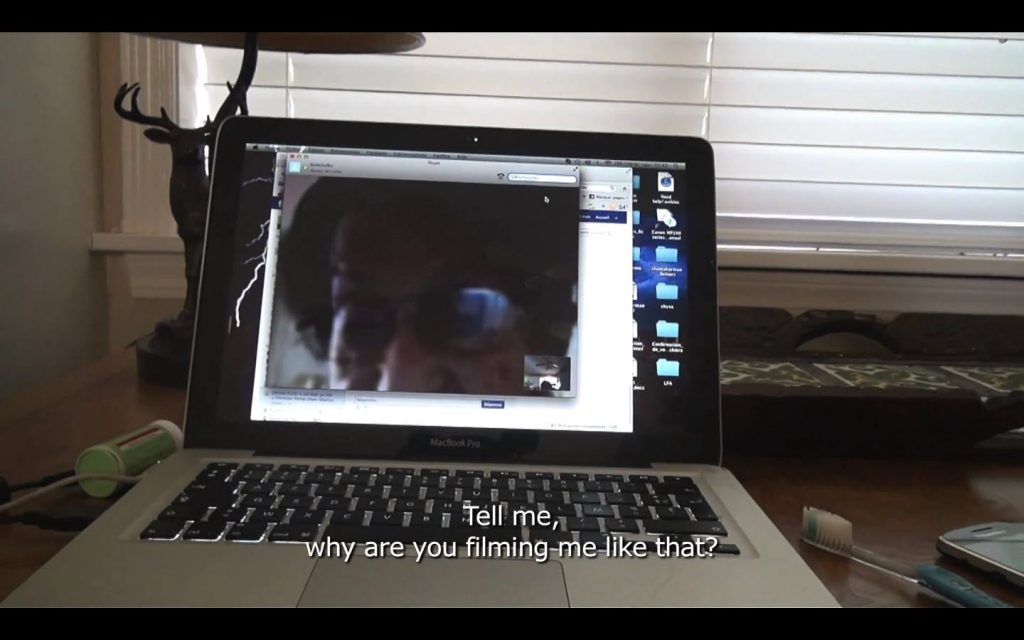 A lecture by Nadine Boljkovac, CTM Fellow
A lecture by Nadine Boljkovac, CTM Fellow
